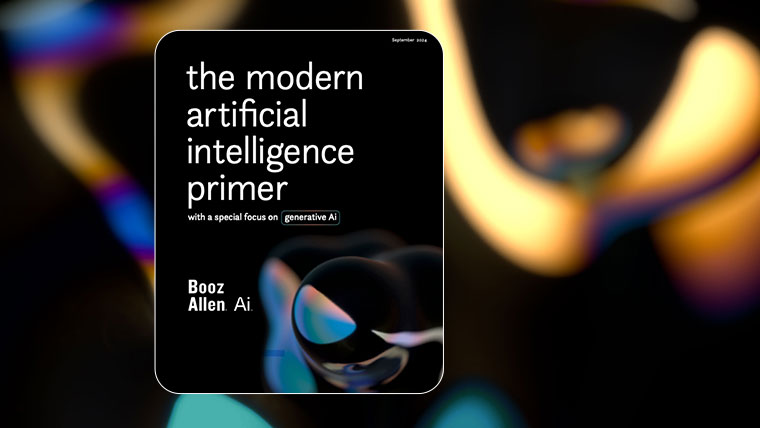What does it mean to live a good life? How can AI help us flourish? These are questions that AI ethicists should make central to their work. We should consider an AI system’s potential benefits and risks in concert with one another. In fact, a more robust—and historically accurate—ethical calculus will focus on the net good that an AI system will generate over its lifespan. As we think about the future of AI ethics, the field should emphasize three questions: First, what is the maximal good an AI system can do? Second, what are the potential risks in its design? And third, how can we mitigate those risks to achieve the maximal good? The order of these questions is intentional, as they shift our focus from harms to happiness and from failure to flourishing. This will help us open up new missions and needs for AI ethics to support. After all, ethics was never about compliance. Nor was it simply about the difference between right and wrong. Instead, it provided the overriding question of philosophy in ancient times: How can we be happy and flourish? Revisiting this ancient question will ensure that the future of AI ethics is bright, useful, and critical to the advancement of society. In other words, AI ethics can help us live lives that are, indeed, well-lived. The field is just getting started.

Specializing in responsible and ethical solutions, Booz Allen Ai protects the nation from today’s challenges, while powering the innovation needed for tomorrow’s opportunities. As the number one provider of AI solutions to the federal government, we help propel society toward positive outcomes.
The Trusted Ai Leader to the Nation
AI with Real Impact
AI is a product of the humans who build it, power it, and ensure the nation will thrive from it. Partnering with us means you have access to a world-class team of Al practitioners who are committed to shaping a country where AI advances national security, defense, health, prosperity, and safety to make a meaningful difference in the lives of real people and communities everywhere.

Featured Capabilities
Trustworthy Solutions to Confidently Embrace and Benefit from AI
End-to-End Services for Your AI Journey
Whether pioneering new inventions or seamlessly integrating systems, we’re inspired by what’s possible and what’s practical. Together, we’ll map the best way to enable your mission and outcomes across the landscape, whether it’s through data science and machine learning, computer vision, natural language processing, or robotic process automation.

Our Services Include:
AI-Ready Enterprise
Transform your organization into an AI-Ready Enterprise prepared to thrive with AI. We guide you through every step of the journey—from strategy development and use case design to enterprise governance and workforce upskilling.
Data for AI
Unlock AI’s full potential with our Data for AI Services. We help you prep and process datasets and develop data infrastructure to turbocharge and secure your AI efforts.
AI Innovation
Transform AI’s immense potential into breakthrough performance with Booz Allen. Our AI Innovation services allow you to push the boundaries of what’s possible with AI to solve today’s mission challenges with tomorrow’s technologies.
AI Engineering
We develop, deploy, and maintain mission-critical AI systems with unmatched rigor and agility. Our sector-leading AI Engineering services help you build high-performing AI solutions recognized for their scalability, reliability, and trustworthiness.
Our Latest Thinking
Insights Inspiring Tomorrow
Booz Allen AI Experts
Real People, Making a Real Impact
We invest in and attract the world’s best Al talent who focus on real-world applications, turning technical expertise into innovation and innovation into tangible societal outcomes. We’re passionate about Al’s present and future, serving as a connection between Al enthusiasm and adoption. We’re charting the path forward with our values, our commitment, and AI solutions that deliver rapid, transformative, and sustainable impact at scale.

2,350+
AI practitioners are employed by Booz Allen.
100+
Years of experience at Booz Allen advising the nation on forward-thinking solutions and delivering groundbreaking results.
54%
of our AI workforce holds a master's degree or higher.
~200
active AI engagements across more than 160 federal clients.





